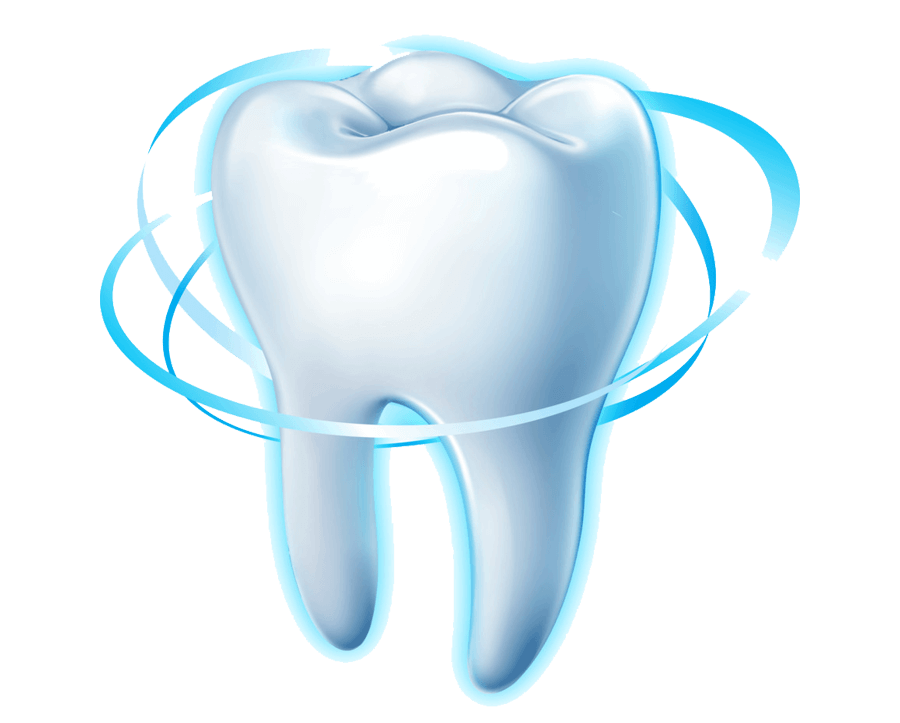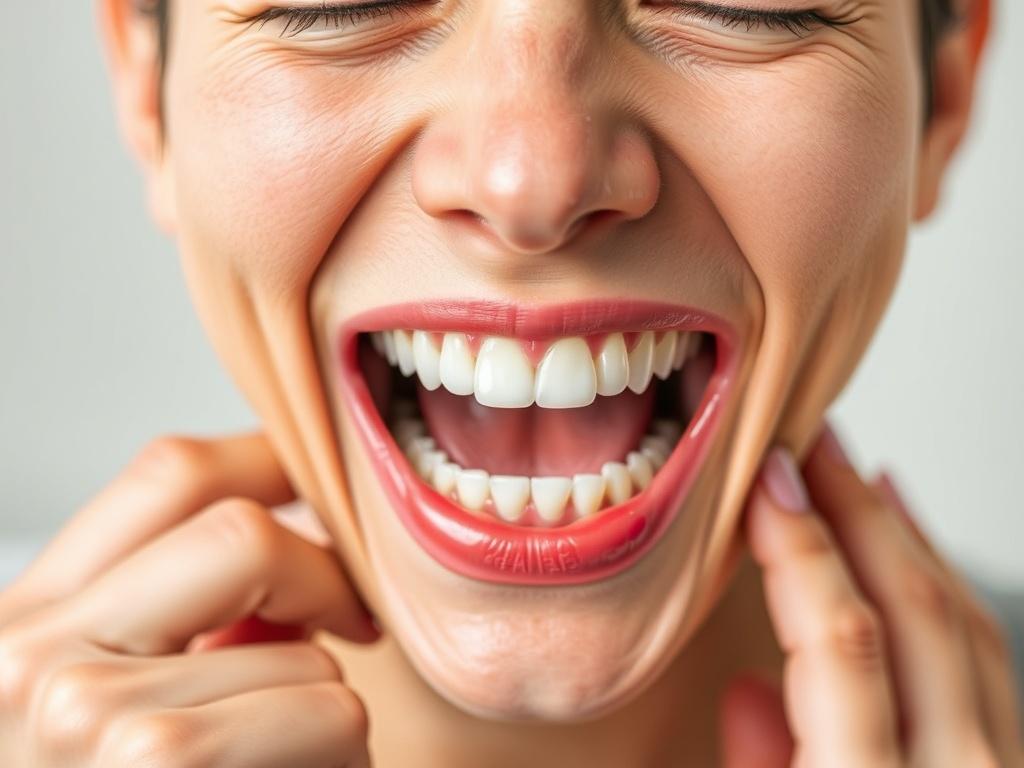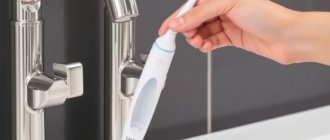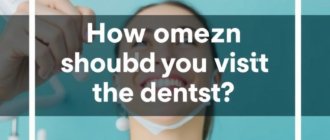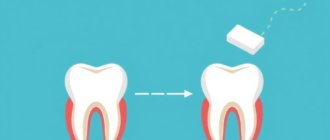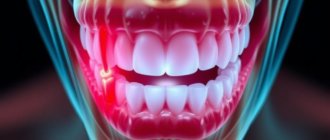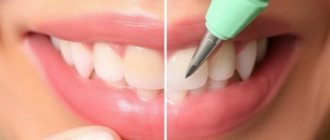Teeth grinding, medically known as bruxism, is a condition that affects millions of people worldwide, often without them even realizing it. It typically happens during sleep, but can also occur during waking hours. If you or someone you know has experienced headaches, jaw pain, or worn-down teeth, bruxism might be the culprit. Understanding the causes and solutions for teeth grinding is essential to protect your oral health and improve your quality of life. In this article, we will explore the various reasons people grind their teeth, how to recognize the signs, and practical solutions to manage and prevent this common problem.
Содержание
What is Teeth Grinding (Bruxism)?
Bruxism is the medical term for the repetitive clenching or grinding of the teeth. It is more than just an annoying habit — it can lead to significant dental damage and discomfort. People who suffer from bruxism often aren’t aware of it until a dentist points out early signs like enamel wear, small cracks in the teeth, or changes to the bite.
Teeth grinding occurs in two main forms: awake bruxism and sleep bruxism. Awake bruxism happens consciously during the day, often linked to stress or concentration. Sleep bruxism takes place during sleep and is classified as a sleep-related movement disorder. While awake bruxism can be easier to control with conscious effort, sleep bruxism is trickier because it occurs involuntarily.
Common Causes of Teeth Grinding
Understanding what causes teeth grinding is the first step toward finding effective solutions. Bruxism is usually multifactorial, meaning several causes may contribute simultaneously.
Stress and Anxiety
One of the leading causes of teeth grinding is psychological stress or anxiety. When people are under pressure, their muscles tend to tense up, including the jaw muscles. Grinding teeth becomes a subconscious response to release this tension. For many, the grind unknowingly becomes an outlet for emotional strain. Studies have shown a strong correlation between stress and increased incidence of bruxism. You might notice your grinding becomes worse during stressful times like exams, work deadlines, or personal challenges.
Sleep Disorders
Teeth grinding is often linked with sleep disorders, especially obstructive sleep apnea (OSA). People with OSA experience repeated interruptions in breathing during sleep, which can cause the brain to arouse the body to breathe again. This disruption is sometimes accompanied by teeth grinding. Other sleep disturbances, like snoring and periodic limb movements, have also been connected to bruxism. If you notice grinding alongside symptoms such as excessive daytime sleepiness or loud snoring, consult a healthcare professional.
Abnormal Bite and Misaligned Teeth
Mechanical factors like an abnormal bite, missing teeth, or crooked teeth can contribute to bruxism. When your teeth don’t fit together properly, your jaw muscles may tense up to compensate. Over time, this can lead to chronic grinding. Dentists often examine the positioning and alignment of teeth to see if this might be a contributing factor to an individual’s bruxism.
Lifestyle Factors
Certain lifestyle choices can increase the likelihood of grinding teeth. Excessive caffeine or alcohol consumption can make your jaw muscles more prone to clenching or grinding. Similarly, smoking has been associated with bruxism. Recreational drug use, including amphetamines or cocaine, can exacerbate the condition as well. Maintaining a healthy lifestyle and limiting substances that stimulate the nervous system can reduce grinding incidents.
Medications and Medical Conditions
Some medications, especially antidepressants like selective serotonin reuptake inhibitors (SSRIs), have been linked with bruxism as a side effect. Additionally, neurological conditions such as Parkinson’s disease or Huntington’s disease may involve increased muscle activity resulting in grinding. If you believe your medications or health conditions are causing bruxism, talk to your doctor about possible adjustments.
Signs and Symptoms of Teeth Grinding
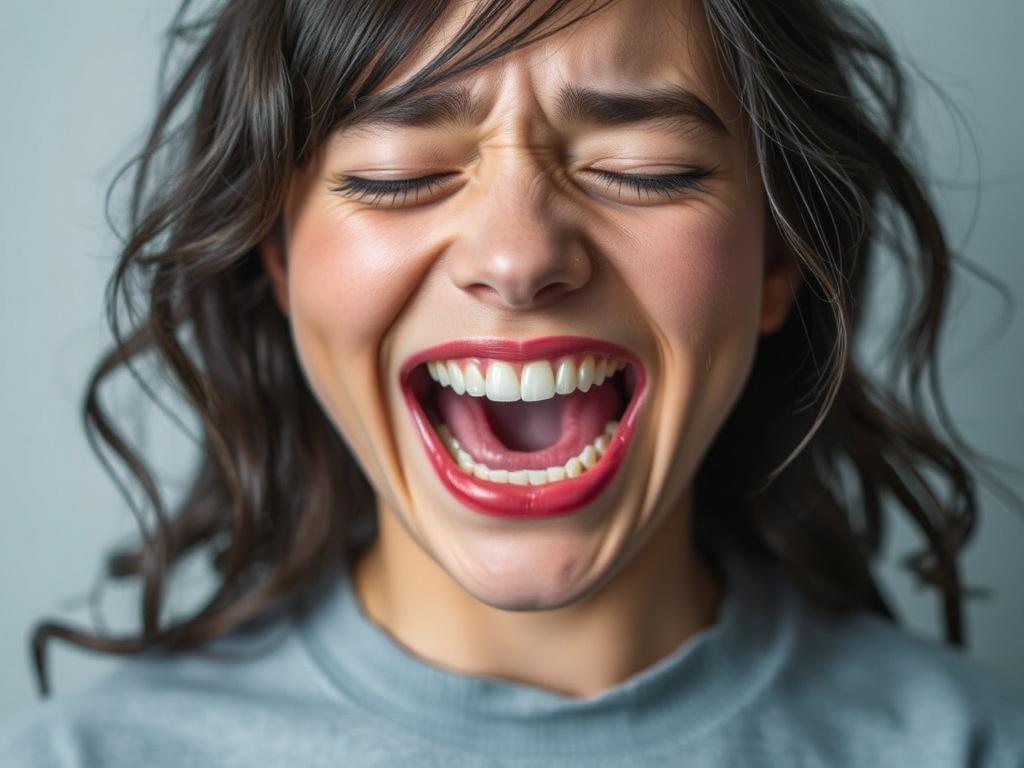
Since people often grind their teeth unconsciously, they may not realize they have bruxism until symptoms become apparent. Being aware of signs can help you seek timely treatment.
- Worn or flattened teeth: Enamel wears down from constant grinding, sometimes leading to cracked or chipped teeth.
- Jaw pain or soreness: Persistent muscle pain or stiffness in the jaw, neck, and face may result from sustained pressure on the muscles.
- Headaches: Grinding often causes tension headaches, especially in the morning after waking.
- Earache or ringing in ears (tinnitus): Pain can radiate to the ears due to jaw muscle strain.
- Sleep disturbances: Bed partners may notice grinding sounds during the night, or you may experience restless sleep or daytime fatigue.
- Tooth sensitivity: Worn enamel exposes the underlying dentin, leading to increased sensitivity to hot or cold.
- Jaw locking or limited movement: Severe bruxism can cause temporomandibular joint dysfunction (TMJ), leading to difficulty opening or closing the mouth.
If you identify several of these symptoms in yourself or a loved one, it’s important to seek dental or medical advice to address the underlying problem.
Diagnosing Bruxism
Dentists are often the first to detect signs of teeth grinding during routine check-ups. They look for characteristic wear patterns on the teeth or observe muscle tenderness. In some cases, specialized tests may be required.
Dental Examination
A careful dental exam is crucial to assess how bruxism has affected your teeth and bite. Dentists may check for:
| Observation | What It Indicates |
|---|---|
| Flattened, fractured, or chipped teeth | Enamel wear from constant grinding |
| Enlarged jaw muscles | Chronic muscle overuse |
| Tenderness in jaw joints | Possible TMJ disorder linked to bruxism |
| Abnormal tooth alignment | Potential cause or consequence of grinding |
Polysomnography and Other Sleep Studies
For sleep bruxism, a sleep study called polysomnography can confirm muscle activity during sleep alongside other sleep parameters. This test records brain waves, oxygen levels, heart rate, breathing patterns, and muscle activity. It helps identify if grinding is related to sleep apnea or another disorder.
Effective Solutions for Teeth Grinding
While bruxism can be frustrating, many effective treatment options exist to reduce or eliminate teeth grinding, protect your smile, and improve comfort. Solutions range from lifestyle changes to dental devices to medical treatments.
Stress Management Techniques
Since stress and anxiety are major causes, managing your emotional well-being is an essential part of treatment. Techniques such as:
- Mindfulness meditation
- Yoga or relaxation exercises
- Deep breathing and progressive muscle relaxation
- Cognitive-behavioral therapy (CBT) or counseling
- Regular physical activity and hobbies
These approaches help reduce overall muscle tension and the urge to grind. If you feel overwhelmed by stress or anxiety, seek professional help.
Dental Guard or Night Guard
One of the most common and practical solutions is wearing a custom-fitted dental night guard. This device acts as a protective buffer between your upper and lower teeth, preventing direct contact and reducing the wear caused by grinding. Night guards also help distribute pressure more evenly and can ease jaw muscle tension.
Night guards come in several types:
| Type | Description | Pros | Cons |
|---|---|---|---|
| Soft Night Guards | Made from flexible materials, comfortable for mild bruxism. | Affordable, easy to adapt to | Less durable, not ideal for severe grinding |
| Hard Night Guards | Made from rigid acrylic for heavy grinders. | Durable, effective for strong clenching | May feel bulky initially |
| Dual-laminate Night Guards | Soft inner layer with hard outer shell. | Comfort and durability combined | More expensive |
Your dentist will recommend and create a custom night guard that fits your mouth perfectly.
Correcting Misaligned Teeth
If bruxism is related to an abnormal bite or crooked teeth, dental treatments like orthodontic braces, crowns, or reshaping may be necessary. These interventions help improve how your teeth come together, which in turn can reduce grinding. Consult a dental specialist to explore these options.
Medication and Botulinum Toxin (Botox) Injections
While no specific medication cures bruxism, in some cases muscle relaxants or anti-anxiety drugs may be prescribed temporarily to curb severe grinding. Botox injections into the jaw muscles have also shown promising results by reducing muscle activity and clenching force. This treatment requires a trained professional and is usually considered when other methods fail.
Adopting Healthy Lifestyle Practices
Improving lifestyle habits can significantly lessen bruxism episodes. Consider:
- Limiting caffeine and alcohol intake, especially in the evening
- Quitting smoking
- Avoiding chewing gum or hard foods that strain the jaw
- Getting regular, restful sleep by maintaining good sleep hygiene
These changes create an environment less prone to muscle tension and grinding.
Tips to Prevent Teeth Grinding
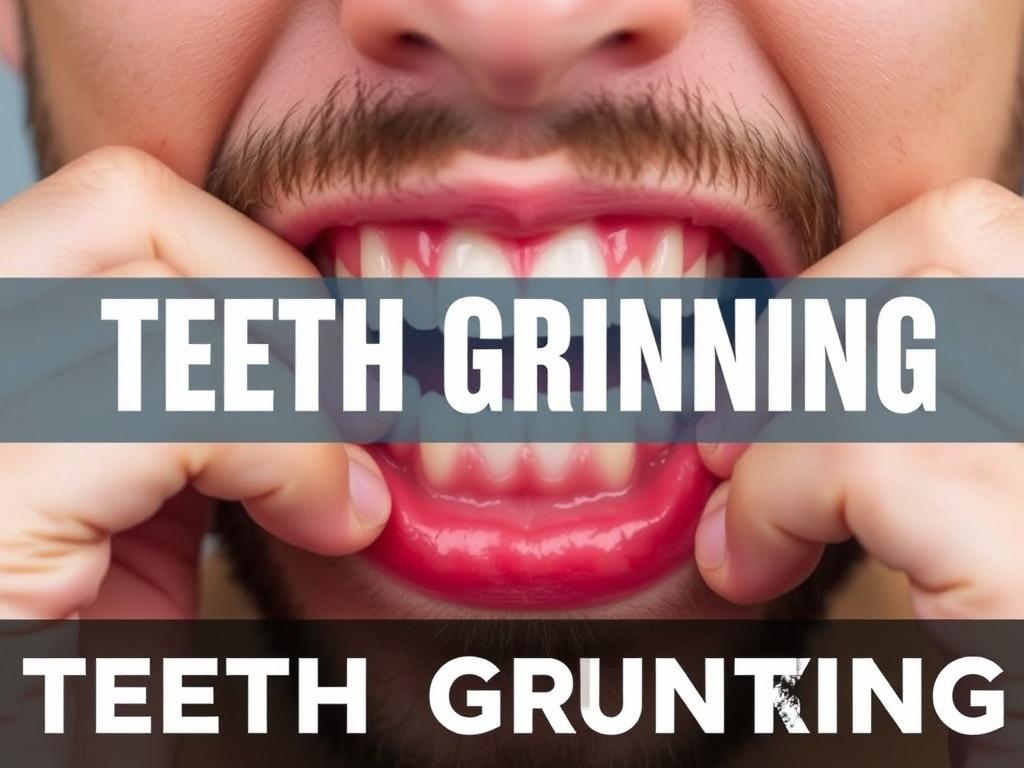
Proactive prevention efforts can stop bruxism from developing or reduce its severity. Some helpful tips include:
- Practice jaw relaxation exercises: Gently open and close your mouth throughout the day, consciously loosening tight muscles.
- Avoid chewing non-food items such as pens or fingernails that promote clenching habits.
- Work on daily stress-relief methods like journaling, spending time in nature, or socializing.
- Establish a calming bedtime routine to signal your body that it’s time to unwind and sleep.
- Schedule regular dental checkups to monitor any signs of grinding early.
By integrating these routines, you can protect your teeth and reduce discomfort.
When to See a Professional
Teeth grinding might feel manageable on your own, but persistent bruxism requires professional care. Consult your dentist if you experience:
- Unexplained jaw pain or headaches
- Damage to your teeth such as chips, cracks, or excessive wear
- Difficulty opening or closing your mouth
- Sleep disruptions or daytime tiredness
Your doctor or dentist will help diagnose the cause and recommend a tailored treatment plan to improve your oral health and overall wellbeing.
Summary Table: Causes and Solutions for Teeth Grinding
0
| Cause | Potential Solutions |
|---|---|
| Stress and anxiety | Stress management techniques, counseling, relaxation exercises |
| Sleep disorders (e.g., sleep apnea) | Sleep study, treatment for sleep apnea, medical consultation |
| Abnormal bite or misaligned teeth | Orthodontics, dental restorations, bite adjustment |
| Lifestyle factors (caffeine, alcohol, smoking) | Reducing stimulants, quitting smoking, healthy habits |
| Medications and neurological conditions | Medical consultation, medication adjustment, possible Botox |
| Habitual grinding | Night guard, behavioral modifications, jaw exercises |
Conclusion
Teeth grinding, or bruxism, might seem like a minor nuisance, but if left unchecked, it can cause serious dental damage and discomfort. Identifying the causes behind teeth grinding is crucial—whether they stem from stress, sleep disorders, bite issues, or lifestyle habits—because effective solutions depend on treating the root problems. From stress management techniques and lifestyle adjustments to dental night guards and professional treatments, there is a wide range of options available to protect your teeth and ease symptoms. The key is awareness and timely intervention. If you suspect you might be grinding your teeth, don’t ignore the signs. Speak with your dentist or healthcare provider to create a plan that suits your needs, ensuring your smile remains healthy and your nights peaceful.
